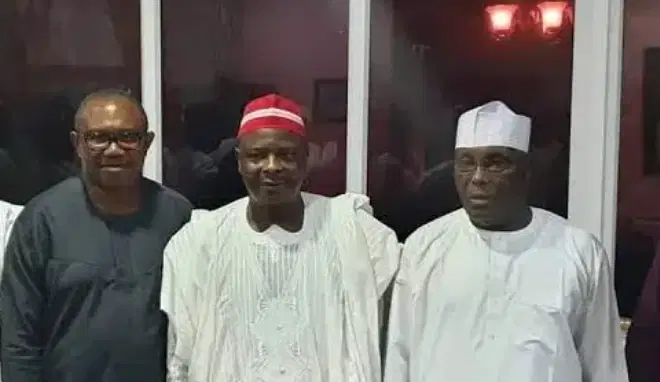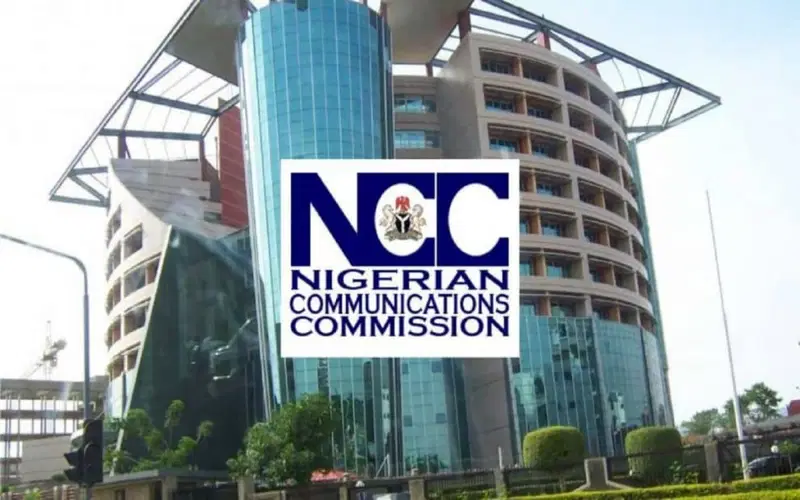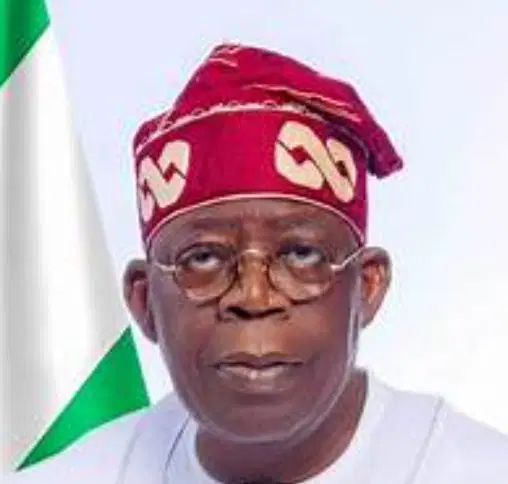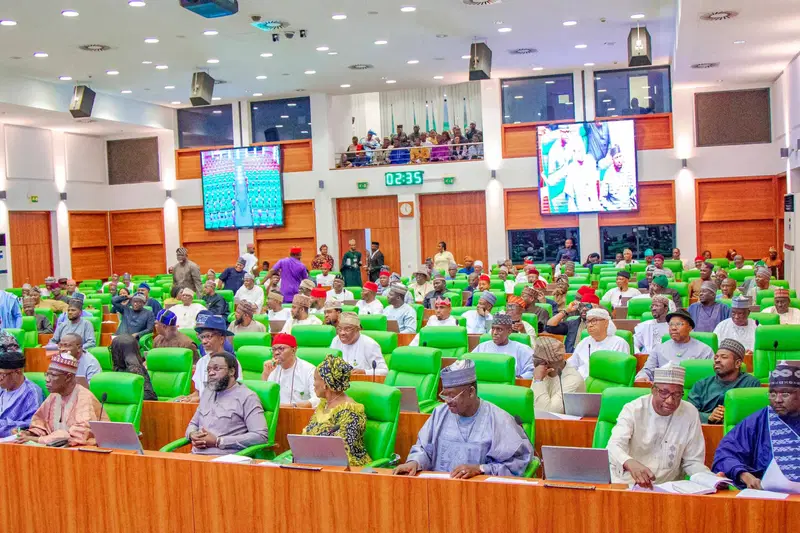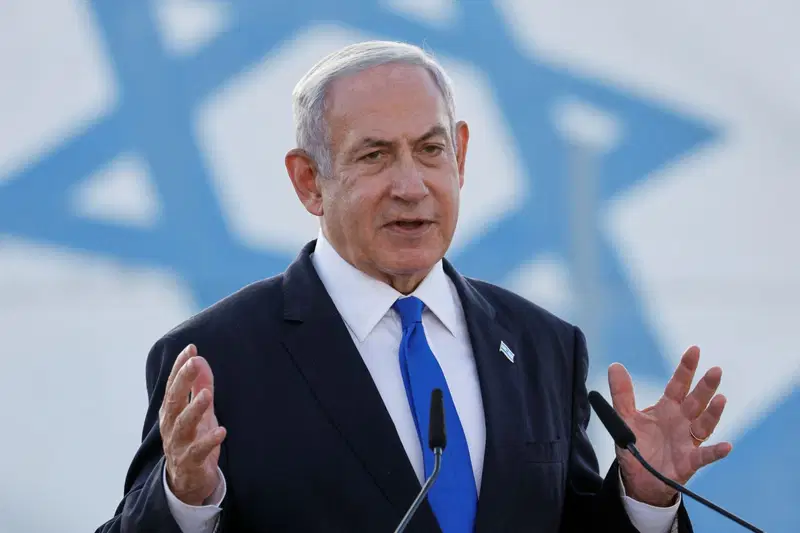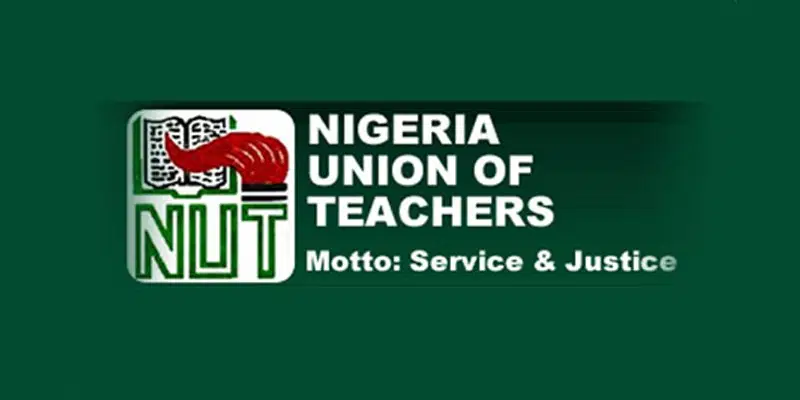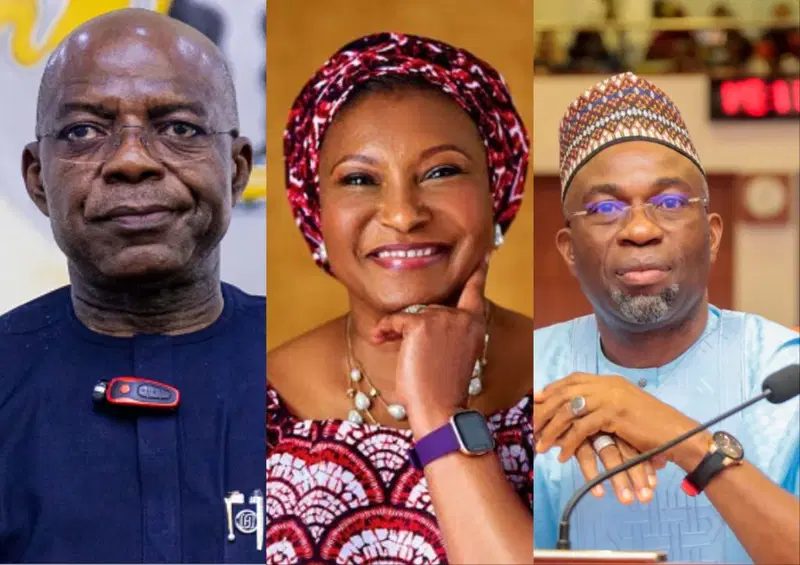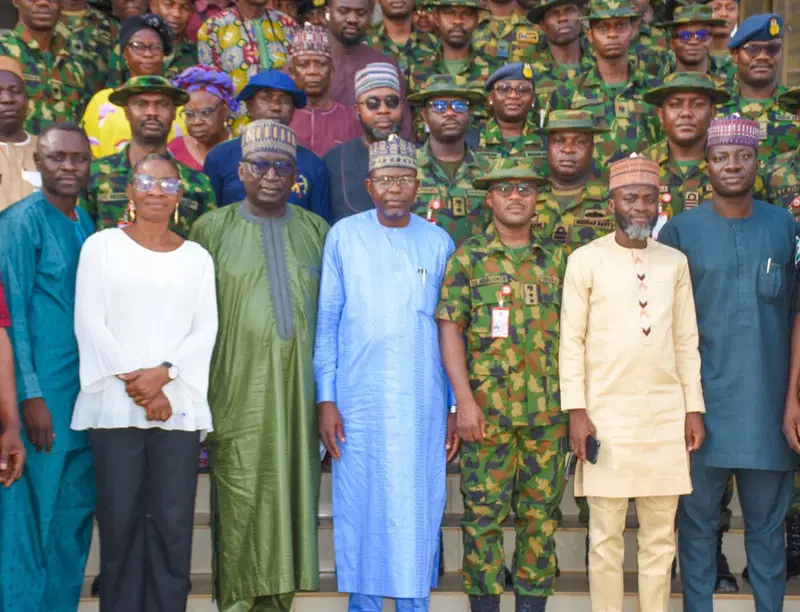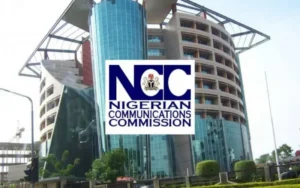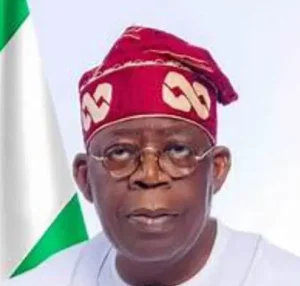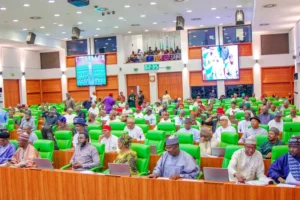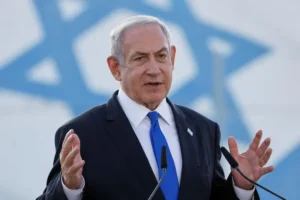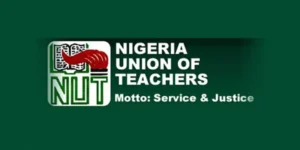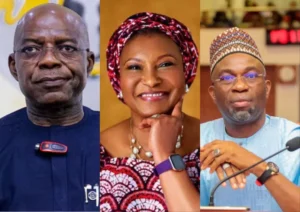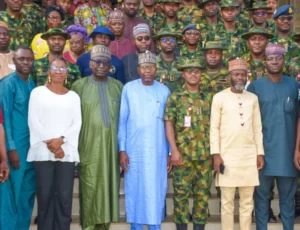- The 2027 general election in Nigeria is expected to be highly competitive, with opposition parties struggling to realign and challenge the ruling All Progressives Congress (APC).
- The Peoples Democratic Party (PDP), Labour Party (LP), and New Nigeria Peoples Party (NNPP) are exploring merger talks, but personal ambitions and internal conflicts may hinder their efforts.
- Key opposition figures, including Atiku Abubakar, Peter Obi, and Rabiu Kwankwaso, are positioning themselves for the 2027 election, but their ability to work together remains uncertain.
As Nigeria prepares for the 2027 general election, opposition parties are facing significant challenges in their efforts to realign and challenge the ruling APC. The PDP, LP, and NNPP are exploring merger talks, but personal ambitions and internal conflicts may hinder their efforts.
The PDP, in particular, is struggling with internal conflict, which could undermine its ability to present a united front in the 2027 election. Atiku Abubakar, the party’s 2023 presidential candidate, is expected to face challenges from other aspirants, including Oyo State Governor Seyi Makinde.
The LP is also facing leadership crisis, with critical stakeholders rejecting the leadership of Julius Abure. Peter Obi, the party’s 2023 presidential candidate, is trying to distance himself from the 2027 debate, but his willingness to form an alliance with other opposition parties may be crucial in determining the outcome of the election.
Rabiu Kwankwaso, the national leader of the NNPP, is facing an uphill task in keeping his party together, with looming defections to the APC. However, his willingness to serve as Obi’s running mate under certain conditions may be a significant development in the opposition’s efforts to challenge the APC.
Ultimately, the ability of the opposition parties to work together and present a united front will be crucial in determining the outcome of the 2027 election. As Salihu Lukman, a former National Vice Chairman of the APC, noted,We must remind all our political leaders that if they want to prove their altruistic value and demonstrate strong disposition towards rescuing Nigeria, therefore beyond the pretentious claims of subordinating personal ambitions towards the emergence of the new platform, opposition political leaders should commit themselves to allowing political competition as basis for the emergence of political leaders at all levels.

